Good Riddance
Small Bites Friday Five NYE20:
To close out the year, here’s a look back at 5 of my favorite guest appearances;
Are Your Diversity Strategies Missing the Mark? Nine Ways to Get it Right with Cult of Pedagogy’s Jennifer Gonzalez (60m listen/5m read)Where are you on your journey in understanding systemic racism? with Barbara Bray (25m listen).
Journeys to Belonging with Ilene Winokur (34 minutes).
Lesson Impossible with Aviva Levin (29 minute listen)
Make Learning Addictive with Brian Romero Smith Jr. (45 minute listen)
And some #SmallBites lagniappe: A Guide to Equity and Antiracism for Educators for Edutopia (4 minute read)
On New Year’s Eve, just after I turned 29, I married the love of my life and moved to Switzerland to begin a beautiful new adventure. Ten months later, I was choosing his tombstone as I tried to grasp the fact that there would be no 1st anniversary, no trip to the South Pacific, no growing old together.
I still remember the first NYE without him, the day that should have been our first anniversary. I knew then that the clock wasn’t counting down on my pain to provide me with a midnight balloon drop of shiny new feelings. “Joy comes in the morning” was not going to magically be my reality, not yet.
The dawn of 2021 is not going to be a magic panacea either.
Depressed yet? Don’t be. While that first New Year’s Day after an incredible loss did not kiss away all my boo boos, it kicked off a year that turned out to be one of the most incredible years of my life.
- I learned that support comes from people and places I hadn’t even known were there.
- I discovered that I really was stronger and more capable than I knew.
- I found out that surviving loss is an incredible confidence builder.
- I realized that there is joy to be found in even the most devastating times.
I also learned that tears are a renewable resource; I cried a lot that year. But in spring I planted fresh flowers on a grave in an Alpine village and as those flowers grew, so did I. I learned to be flexible, to ride the waves, sometimes crashing to shore. I learned to get up and try again. And again. I learned preparedness in a country where stores were only open a human 8 hours a day. I learned how to back up 250 feet down a mountain and how to survive in an avalanche. I learned that you have to use clothespins when you hang clothes on a line. I learned how to write lesson plans and design courses in German. I learned so many valuable things. In time, I learned how to use all those things to help others.
Tonight when the ball drops, not a lot will change. We take ourselves with us wherever we go. Education will still be inequitable, and politics will still be deeply flawed; people will still live with food and housing insecurity; COVID won’t disappear, the 2 million graves that the Coronavirus filled will still need flowers in the spring.
What can change is how we all approach this new year. Instead of celebrating the coming return to “normalcy”, let’s celebrate the opportunities we have to help others, learn new things, develop new skills; to survive hard times and help others to do the same.
This year won’t be easy, but we can one day look back on it–even the bad parts–and celebrate how much we grew. En guete Rutsch und Happy New Year.
